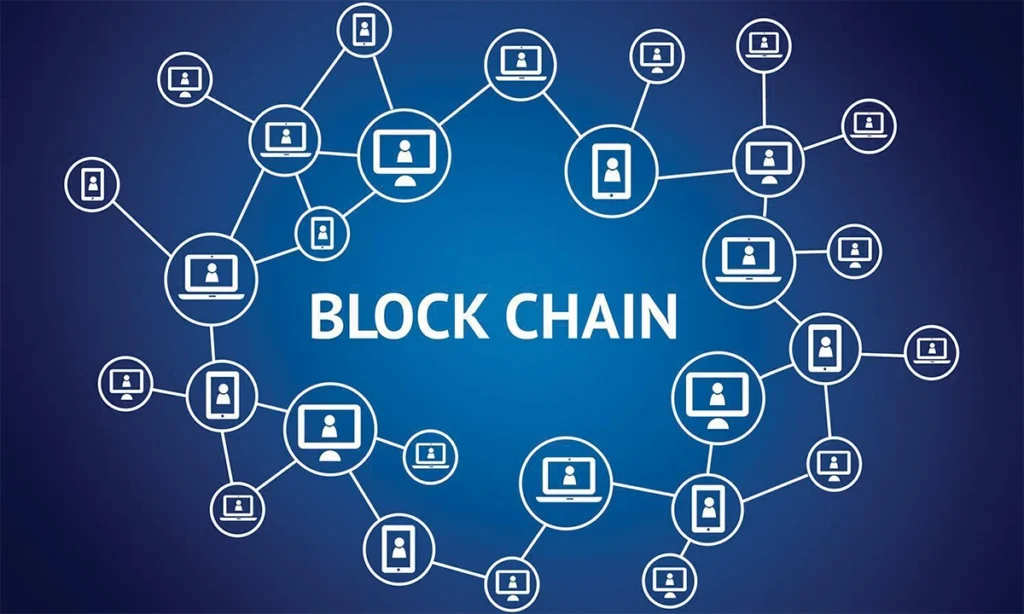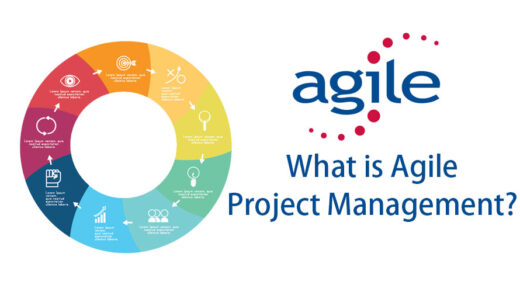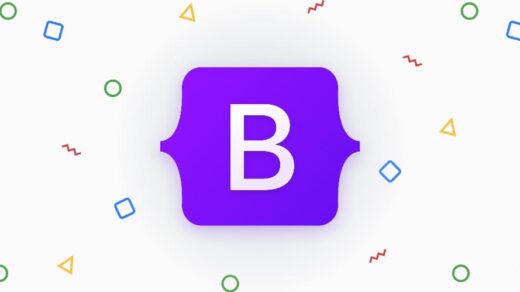
Cryptocurrencies are the latest financial technologies with rocketing profits that have the world buzzing. Everyone seems to be getting involved: investing, mining, and of course, making big money.
The growth of Bitcoin and Blockchain technology has been so rapid, that even those who haven’t heard of cryptocurrency or know about its working, are looking to invest and explore this field.
Blockchain technology and crypto-currencies have today become a parallel platforms where people have started performing their standard transactions. Now, if a new system is slowly replacing an existing system then there must be some issues with the current system
Issues with Current Banking System:
- Accessibility
- The banks are usually not available during the weekend. Therefore, people usually encounter many problems when expecting to complete essential transactions on weekends and holidays.
- Financial Inclusion
- The traditional banking systems use different techniques to market their work. They set aside some projects for select groups of people which cannot be available to the others. These groups get some favors like soft loans, prolonged payment durations, and lower interest rates. As a result, the systems end up being unfair and devoid of financial inclusion.
- Security Issues
- Skilled technicians can hack many mobile banking apps. As a result, some people end up losing large sums of cash from their accounts. The systems are also prone to fraud and money embezzlement.
- Extra Fees and Slow Transactions
- Banks come with extra fees and taxes during transaction periods. For example, the sending and receiving banks usually impose very high transaction fees and taxes during international remittances. Due to slow protocols, these transactions also take a long time, especially for large sums of cash.
How does Blockchain solve these issues?
- Decentralized System
The Blockchain system follows a decentralized approach when compared to banks and financial organizations which are controlled and governed by Central or Federal Authorities. Here, everyone who is part of the system becomes equally responsible for the growth and downfall of the system. Rather than one single entity holding the power, everyone who is involved with the system holds some power.
- Public Ledgers
The ledger which holds the details of all transactions which happen on the Blockchain, is open and completely accessible to everyone who is associated with the system. Once you join the Blockchain network, then you can download the complete list of transactions since its initiation. Even though the complete ledger is publicly accessible, the details of the people involved in the transactions remain completely anonymous.
- Verification of Every Individual Transaction
Every single transaction is verified by cross-checking the ledger and the validation signal of the transaction is sent after a few minutes. Through the usage of several complex encryption and hashing algorithms, the issue of double spending is eliminated.
- Low or No Transaction Fees
The transaction fees are usually not applicable but certain variants of Blockchain do implement certain minimal transactions fees. These transaction fees are however relatively quite less when compared to the fees implied by banks and other financial organizations. If a transaction needs to be completed on priority then an additional transaction fee can be added by the user so as to have the transaction verified on priority.
Is Blockchain the same as Bitcoin?
Bitcoin and blockchain were originally introduced in 2008 by Satoshi Nakamoto, bitcoin as a digital currency and blockchain as its platform. Blockchain acts as the public ledger for all bitcoin transactions, a separate entity from bitcoin. Blockchain is the accounting mechanism for bitcoin.
Why is everyone so excited about it?
The ability to digitally record transactions publicly, securely, and efficiently in this manner is unprecedented. Blockchain is unique in that it shields messages, documents, contracts, or any grouping of information from deletion and editing. It provides fast and free interaction between users without mediaries, and ensures that the information held in blocks is valid and authentic.
Blockchain is advanced tech accessible to anyone. It can speed up online transactions, minimize fraud, and increase privacy.
Conclusion
Blockchain enables the existence of exciting new cryptocurrencies, but its ramifications reach far beyond finance. A secure, private system for sharing information could be beneficial for voting, healthcare, contracts, and government efficiency.
While Blockchain has lots of potentials, the technology faces sizable obstacles. The structure of our economy and society is not compatible with this kind of technology. For example, the transparency and efficiency of blockchain eliminate the need for third-party intermediaries, which are currently integral to our economy and society.
This technology is not disruptive: it is foundational. This means that blockchain won’t dramatically change existing structures, rather it forms new foundations for economic and social systems. It’s hard to tell what the future of blockchain looks like, but it certainly has a lot of potentials.
Reference
https://executive.berkeley.edu/thought-leadership/blog/blog-blockchain-beginners



